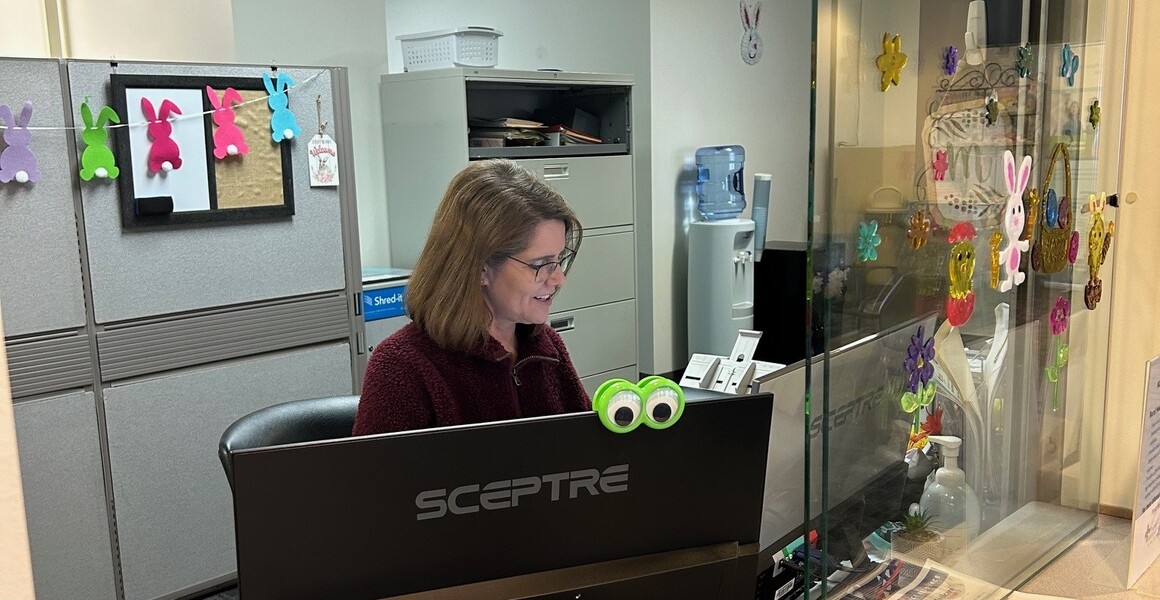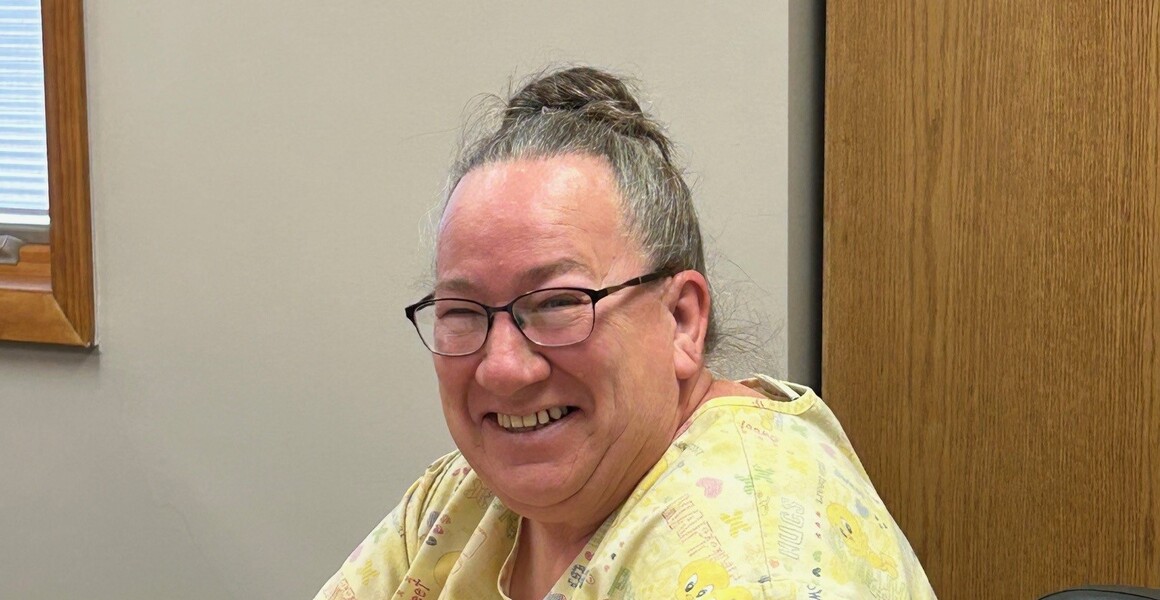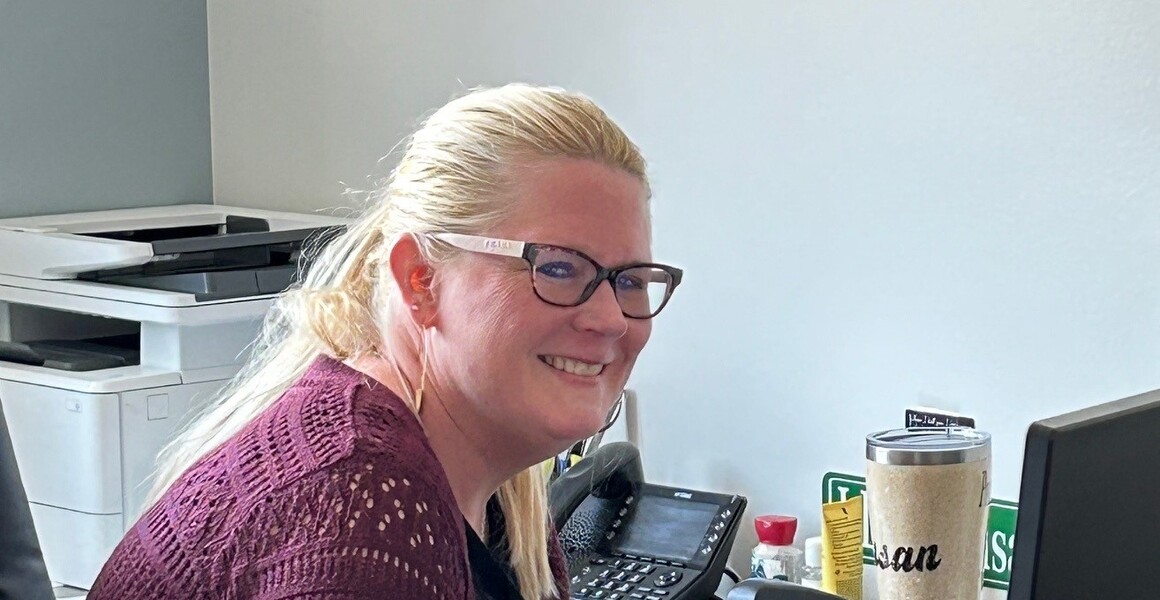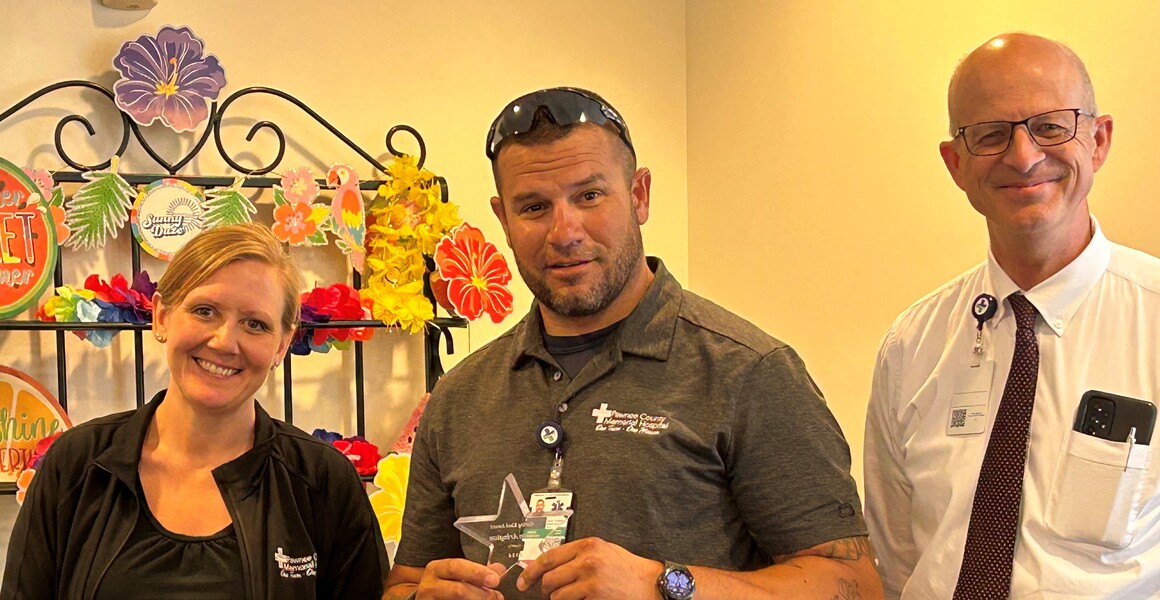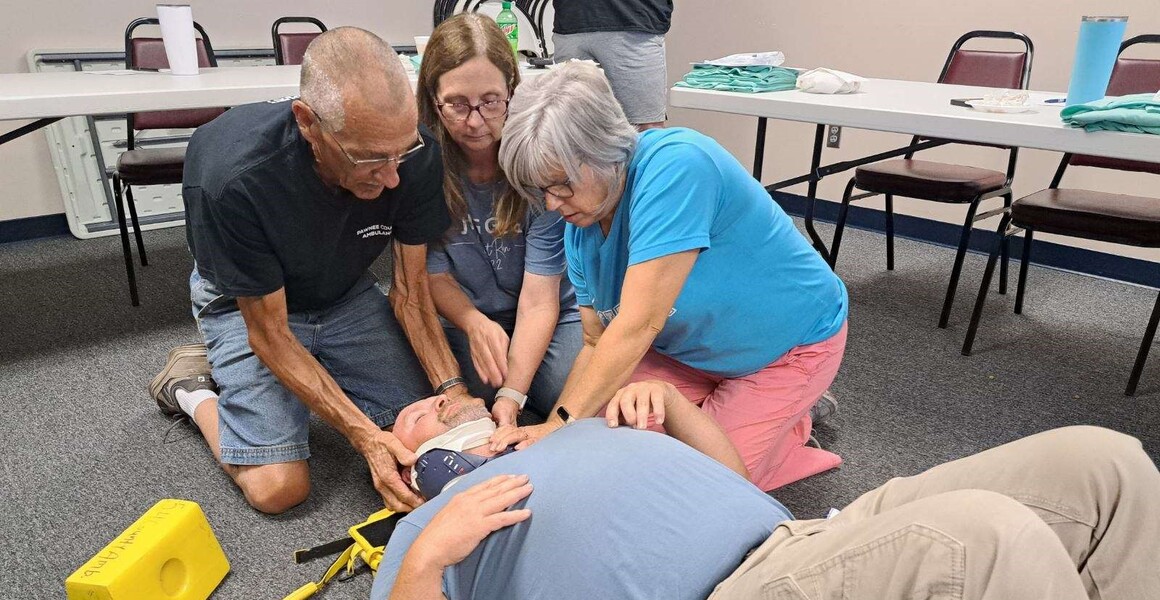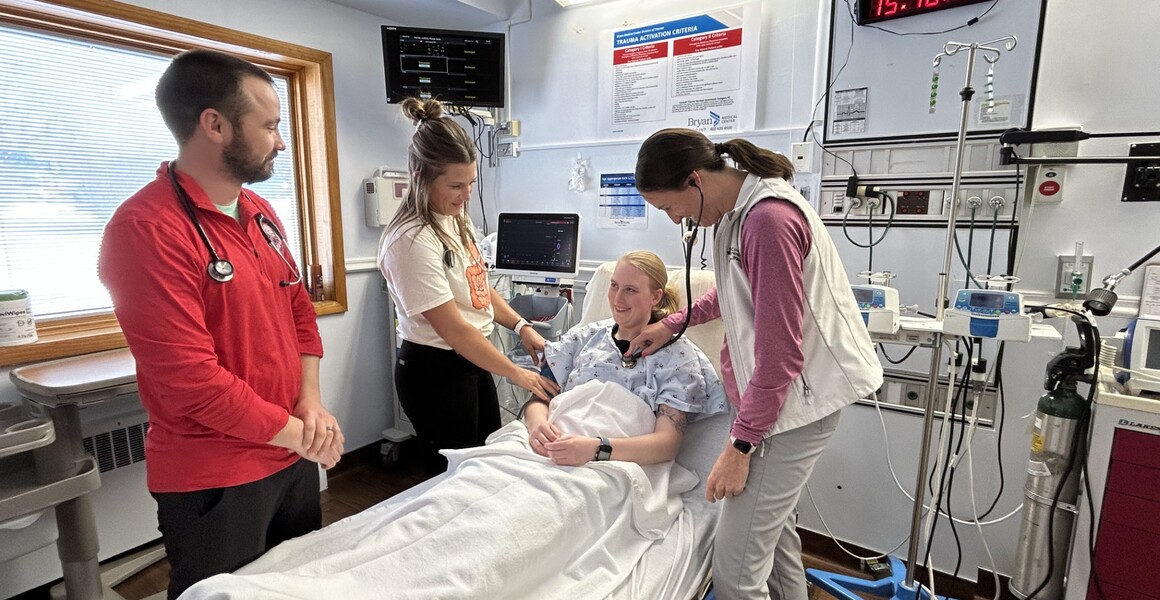Hypothyroidism
By Dr. Kent Niss
This week, the topic of hypothyroidism came up frequently, and it became clear that there are large gaps in understanding this condition. Hypothyroidism can indeed be a bit confusing, but it's also quite common. Let's explore what hypothyroidism is, the various ways it can develop, and how it is treated.
Hypothyroidism is, simply put, a condition in which the thyroid gland is underactive. The thyroid gland is located at the level, or just below, your "Adam's apple" in your neck. Despite its small size, the thyroid is extremely important. It produces two primary hormones: T3 and T4. For our purposes, T4 is the most relevant. This thyroid hormone helps regulate numerous bodily functions both directly and indirectly, including bone growth, metabolism, serotonin release (which affects mood), red blood cell production, kidney function, and heart function. It’s crucial for overall health and understanding its role can be quite complex.
Thyroid function can be assessed in several ways, but the most practical and common tests are the TSH (thyroid-stimulating hormone) test and the Free T4 test (which measures unbound, active thyroid hormone). These are simple blood tests that provide a wealth of information. There is one small quirk, however: the TSH test measures the inverse of thyroid function. Thus, a high TSH level indicates low thyroid function, while a low TSH level suggests high thyroid function. Hypothyroidism is diagnosed when TSH levels are high, accompanied by an inappropriate Free T4 level
There are many reasons a person might develop hypothyroidism. The most common causes include:
- Surgical removal of the thyroid gland
- Family history of thyroid disease
- History of hyperthyroidism (such as Grave’s disease or a goiter)
- Radiation treatment in the neck region
- Pregnancy
- Radioactive iodine treatment for other thyroid disorders
Prior to the introduction of iodized salt, iodine deficiency was a leading cause of hypothyroidism. So, there is indeed a benefit to including iodized salt in the diet. Additionally, some forms of hypothyroidism can be autoimmune, where the body attacks itself. Associated autoimmune diseases include Celiac disease, Sjogren’s syndrome, diabetes, rheumatoid arthritis, lupus, and certain types of anemia.
You might wonder, "How do I know if I should get my thyroid tested?" Great question—there are no universal guidelines for screening, and no specific age or gender that should be regularly screened. Common symptoms of hypothyroidism include excessive fatigue, weight gain, dry or scaly skin, palpitations, sensitivity to temperature changes, significant swelling and worsening depression. Typically, individuals experience several of these symptoms simultaneously. Since many of these symptoms are common and can be caused by various conditions, it’s important to discuss them with your primary care provider.
Regarding treatment, once low thyroid function is diagnosed, the solution is to supplement with thyroid hormone, specifically levothyroxine. While some herbal supplements claim to restore thyroid function or stimulate thyroid hormone production, studies show these claims are generally unfounded and at best inconsistent. Levothyroxine is available in two forms: synthetic and natural. The natural form, Armour Thyroid, is derived from pig thyroid glands. Although it works, it is challenging to maintain a consistent dose and concentration, making it difficult to manage thyroid levels. The more conventional approach is to use synthetic levothyroxine, which is consistent in dose and concentration and can be adjusted as needed.
If you have questions about hypothyroidism or want to discuss the topic further, please reach out to your primary care provider. Knowledge is power, especially when it comes to managing your health! If there are other topics you’d like to see discussed, please let someone at the Pawnee Clinic know, and we’ll be happy to dedicate time to them.


